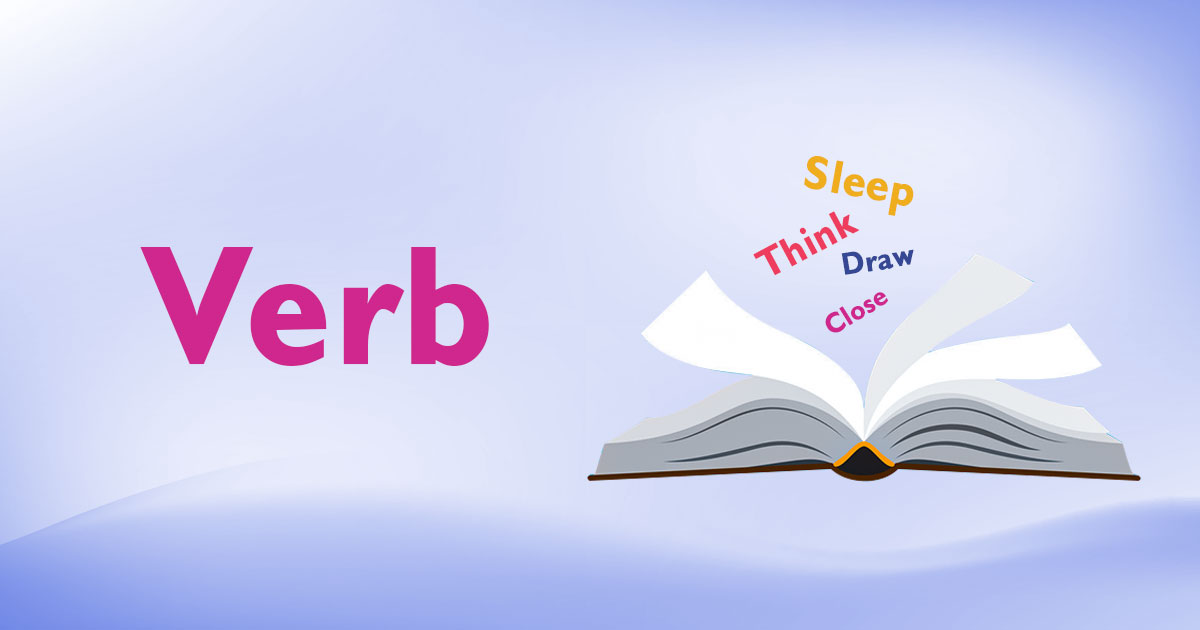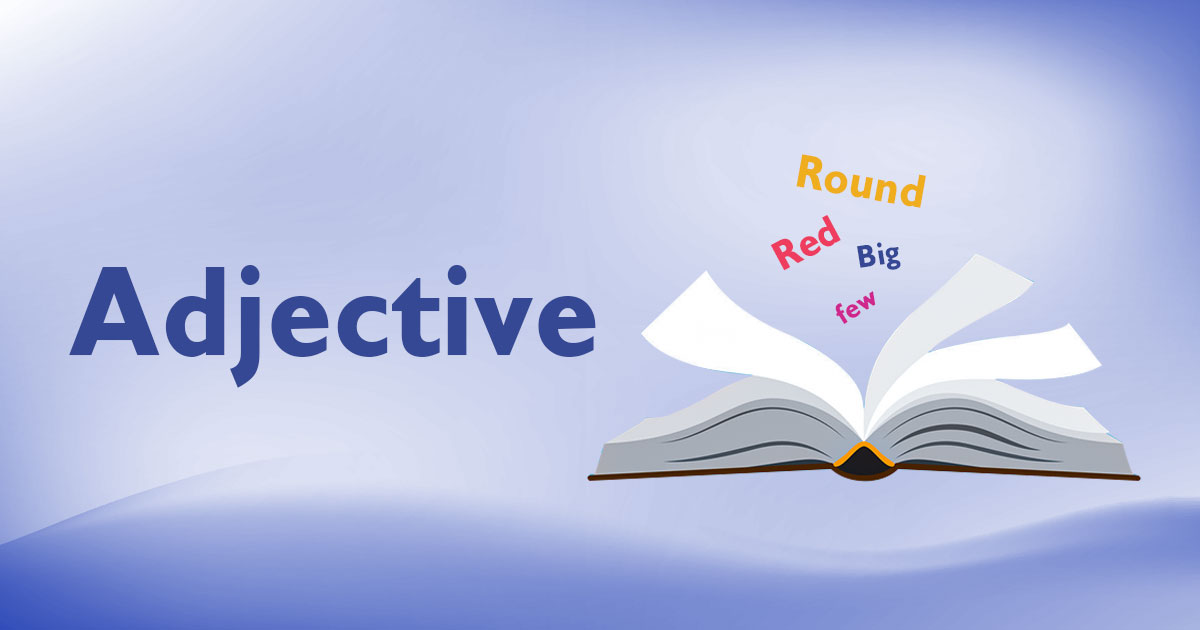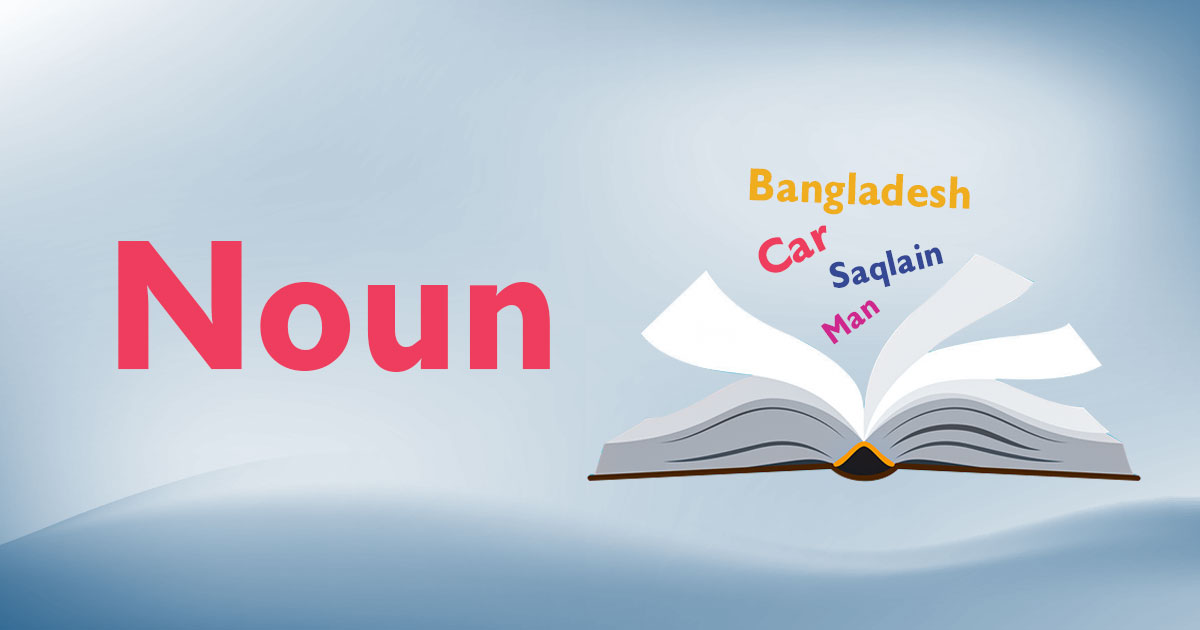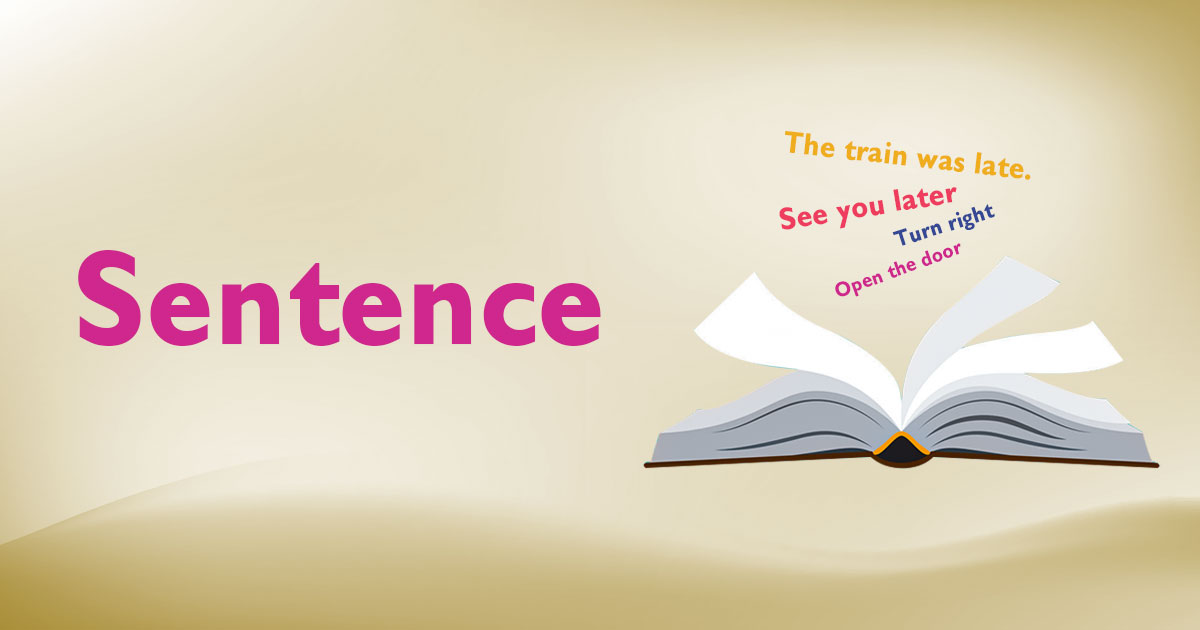Verb
আচ্ছা তুমি কি এমন কোনো একটি দিনের কথা মনে করতে পারবে যেদিন তুমি কোনো ধরনের কোনো activity করোনি? মনে করতে পারছো না তাই না? কেননা সকালে ঘুম ভাঙা থেকে আবারও রাতে বিছানায় যাওয়া পর্যন্ত আমরা কোনো না কোনো কাজের মধ্যেই থাকি। আর এই সব ধরনের কাজই হলো Verb।
Parts of Speech-এর একটি most important part হলো verb। কাজ ছাড়া যেমন কোনো দিন যায় না ঠিক তেমনি verb ছাড়া কোনো sentence make করা যায় না।
চলো তাহলে এখন দেখে নেই English Grammar-এ এই verb কত ধরনের হয়ে থাকে।
Classifications of verb:
উপরের চার্টে তুমি verb-এর সবগুলো types দেখতে পারছো। চলো এই সবগুলো types সম্পর্কে অল্প করে উদাহরণসহ জেনে নেই।
Verb:
A word or phrase that describes an action, condition, or experience is called a verb.
Example:
I will be shopping today.
I walk home from school everyday.
Finite verb:
The verb which completes the meaning of a sentence and the form of the verb is decided based on tense, number and person, is called finite verb.
Example:
Sifat teaches us English.
Lima drives a car.
Principal verb:
Principal verb is the verb which can express full meaning without the help of any other verbs.
Example:
I finished the book within 1 week.
I cooked a meal for everyone.
Non-finite verb:
The verb which can not complete the meaning of a sentence and the form of the verb is not decided based on tense, number and person, is called a nonfinite verb.
Example:
Walking is good for your health.
Seeing me, she smiled.
Transitive verb:
A transitive verb is one that only makes sense if it exerts its action on an object.
Example:
I attended the seminar.
Afia loves chocolates.
Intransitive verb:
A verb that does not need a direct object to complete its meaning.
Example:
The woman disappeared.
Ishita cooked.
Regular verb:
In English, usually the rule is to add “-ed” or “-d” to the base form of the verb to create the past forms.
A regular verb is one that conforms to the usual rule.
Example:
Irregular verb:
Irregular verbs are verbs which do not follow normal rules for conjugation.
Example:
Auxiliary verb:
An auxiliary verb (or a helping verb) is used with a main verb to help express the main verb’s tense, mood, or voice.
Example:
Modal verb:
Modal verb is an auxiliary verb that expresses necessity or possibility.
Example:
Infinitive verb:
Words which are preceded by the word ‘to’ are called infinitives verbs.
Example:
Participle verb:
When a verb form word use as an adjective in a sentence is called participle verb.
Example:
Gerund:
When a verb form word use as a noun in a sentence is called participle verb.
Example:
Right form of verb:
কোনো sentence-এর verb বা verb গুলোর সঠিক রূপ কী হবে, তা যে রুলস বা নিয়মের মাধ্যমে জানা যায়, সে নিয়মগুলোকেই সাধারণভাবে right form of verbs বলে। চলো কিছু rules দেখে নেই।
চির সত্য (universal truth) কোন ঘটনা প্রকাশ করতে bracket-এর মধ্যকার verb-টি verb-এর এক নম্বর বা present indefinite tense-এ হবে।
Example:
The earth (revolve) around the sun. – The earth revolves around the sun.
The sun (rise) in the East and (set) in the West. – The sun rises in the East and sets in the West.
কোন sentence-এর subject যে number ও person-এ হবে, সেই sentence-এর verb-ও ঠিক সেই অনুযায়ী হবে। অর্থাৎ sentence-এর subject-টি singular বা plural হলে verb-টিও person অনুযায়ী singular বা plural হবে।
Example:
He (be) reading. – He is reading.
They (Be) reading. – They are reading
কোনো sentence-এ যদি now, at this moment, day by day, gradually প্রভৃতি word / words-এর কোনো একটি word / words ব্যবহৃত হয়, তবে bracket-এর মধ্যকার verb-টি present continuous tense-এ হবে।
Example:
At this moment, Rahim (study). – At this moment, Rahim is studying.
Now the students (play) in the field. – Now the students are playing in the field
কোনো sentence-এ যদি yesterday, ago, then, in those days, at that time, last+সময় প্রভৃতি word / words-এর কোনো একটি word / words ব্যবহৃত হয়, তবে bracket-এর মধ্যকার verb-টি verb-এর দুই নম্বর বা past indefinite tense হবে।
Example:
I (come) home yesterday. – I came home yesterday.
I (not come) home yesterday. – I did not come home yesterday.
এই ছাড়াও আরও অনেক rules আছে যা আমাদের সঠিক ভাবে English বলার এবং লিখার জন্য মনে রাখতে হবে। আমরা যত বেশি practice করব, rules গুলো ততই সহজ হয়ে উঠবে।
উপরের verb-এর classifications এবং সেগুলোর definitions, rules এবং examples দেখে কিন্তু একটা বিষয় খুব স্পষ্ট যে, Verb ছাড়া একটি sentenceও complete হতে পারে না। তাই বুঝতেই পারছো যে sentence-এ verb কতটা important। নিজেকে আরো পারদর্শী করে তুলতে বেশি বেশি করে verb practice করতে থাকো। All the best!







